Around the World with William Barnes - Bermuda
Jim Potts
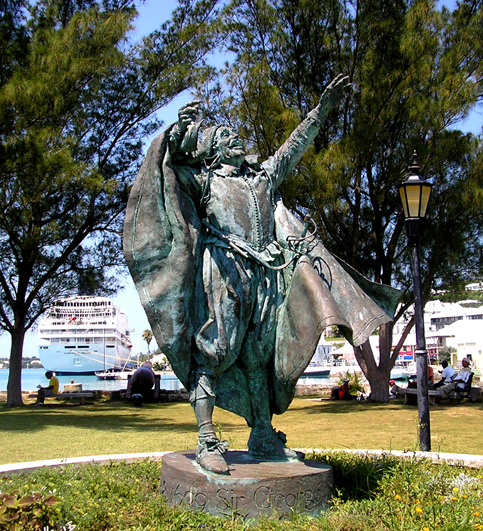
Many writers have believed that Shakespeare's storm and shipwreck in 'The Tempest' were inspired by reading or hearing accounts of the shipwreck of the 'Sea Venture'; he certainly refers to the vex Bermoothes in the play.
Be that as it may, there is a strong link between Bermuda and Dorset, because Admiral Sir George Somers came from Lyme Regis and his body is buried in Whitchurch Canonicorum. The towns of St George's and Lyme Regis have been officially twinned since 1996. There is a Somerset Island and a Somerset Village in the Bermudas; two of the parishes bear familiar West Country names, Devonshire and Southampton parishes.
There is a statue - or rather a bust - of Byron's friend, the Irish poet Thomas Moore, in St George's, although he didn't spend many months working on the island.
I am tempted to make a link between the William Barnes poem 'My Orcha'd in Linden Lea' (and its much later musical setting by Ralph Vaughan Williams, 1901) and the poetic lyrics that Thomas Moore wrote to old and newly-arranged Irish tunes (ten volumes, between 1808 and 1834), like 'The Last Rose of Summer' (A Selection of Irish Melodies,Vol. 5, December 1813) and 'Believe Me If All Those Endearing Young Charms' (A Selection of Irish Melodies,1808) - all three amongst the most beautiful songs in the English language. Might that be stretching a point?
John Fowles, who lived in Lyme Regis, was closely involved with the establishment of the William Barnes Society, so perhaps there is a case for adding a Fowles-and-Barnes dimension to the town-twinning programme of The Lyme Regis and St George’s Twinning Association, at some appropriate point. Others might argue that better known literary links relating either to Lyme or to Bermuda should be given higher priority: Jane Austen (Persuasion) visited Lyme in 1803 and 1804; Andrew Marvell (on account of his poem, Bermudas, first published 1681, written ca 1653-1654):
Bermudas
By Andrew Marvell
Where the remote Bermudas ride
In th’ ocean’s bosom unespy’d,
From a small boat, that row’d along,
The list’ning winds receiv’d this song.
What should we do but sing his praise
That led us through the wat’ry maze
Unto an isle so long unknown,
And yet far kinder than our own?
Where he the huge sea-monsters wracks,
That lift the deep upon their backs,
He lands us on a grassy stage,
Safe from the storm’s and prelates’ rage.
He gave us this eternal spring
Which here enamels everything,
And sends the fowls to us in care,
On daily visits through the air.
He hangs in shades the orange bright,
Like golden lamps in a green night;
And does in the pomegranates close
Jewels more rich than Ormus shows.
He makes the figs our mouths to meet
And throws the melons at our feet,
But apples plants of such a price,
No tree could ever bear them twice.
With cedars, chosen by his hand,
From Lebanon, he stores the land,
And makes the hollow seas that roar
Proclaim the ambergris on shore.
He cast (of which we rather boast)
The Gospel’s pearl upon our coast,
And in these rocks for us did frame
A temple, where to sound his name.
Oh let our voice his praise exalt,
Till it arrive at heaven’s vault;
Which thence (perhaps) rebounding, may
Echo beyond the Mexic Bay.
Thus sung they in the English boat
An holy and a cheerful note,
And all the way, to guide their chime,
With falling oars they kept the time.
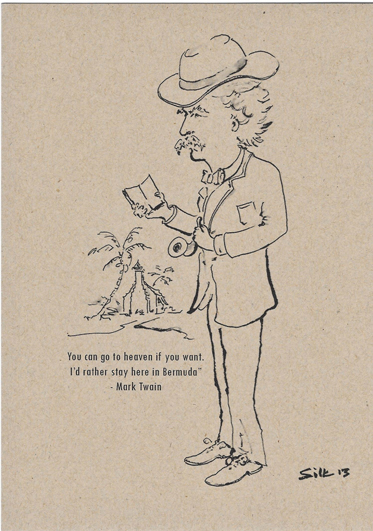 At least two famous writers visited the islands during the lifetime of William Barnes. Mark Twain visited Bermuda many times, beginning in 1867 and said 'You can go to Heaven if you want, I'd rather stay here in Bermuda; Anthony Trollope, author of the Bermuda-set short story Aaron Trow (1861;1863) hinted at very different “ and largely negative - opinions of the islands in The West Indies and the Spanish Main (1860):
At least two famous writers visited the islands during the lifetime of William Barnes. Mark Twain visited Bermuda many times, beginning in 1867 and said 'You can go to Heaven if you want, I'd rather stay here in Bermuda; Anthony Trollope, author of the Bermuda-set short story Aaron Trow (1861;1863) hinted at very different “ and largely negative - opinions of the islands in The West Indies and the Spanish Main (1860):
Looking back at my fortnight's sojourn there, it seems to me that there can be no place in the world as to which there can be less to be said than there is about this island” sayings at least of the sort in which it is my nature to express itself - but he goes ahead and expresses himself anyway.
 In the first paragraph of Aaron Trow, Trollope writes:
That the Neapolitan sailors of King Alonzo should have been wrecked here, I consider to be more likely. The vexed Bermoothes is a good name for them¦.That Caliban should have lived here, I can imagine; that Ariel would have been sick of the place is certain; and that Governor Prospero should have been willing to abandon his governorship, I conceive to have been only natural.
Winslow Homer, who contributed six illustrations to the Boston edition of Barnes' Rural Poems (1869), was also a frequent visitor to Bermuda, and a great admirer, so there's another indirect link!
William Barnes was fifty-one when Thomas Moore died. One suspects that he would not have approved of Moore's Bermuda odes to another man's wife (Odes to Nea), but I feel sure that parts of Barnes' romantic early poem Orra, A Lapland Tale (1822), written with his beloved Julia in mind, and several of the song-like poems in Poetical Pieces (1820), were influenced by Moore's Irish Melodies lyrics (and perhaps by some of Lord Byron's, such as She Walks in Beauty, from Hebrew Melodies), as much as they may have been somewhat influenced - according to Alan Chedzoy - by Augustan pastoral poetry and the likes of Milton, Pope, Samuel Johnson and Thomas Gray. Byron's works were amongst the books from his library auctioned by Dukes on 5th November 1886, after Barnes' death. I don't know if the auction list included anything by Thomas Moore. Alan Chedzoy suggests that 'Orra' is largely an amalgam of other people's sentimentality and styles'. If there are echoes of other poets that Barnes was reading at the time, perhaps Thomas Moore was one of them.
Barnes wouldn't have approved of Mark Twain's comment about preferring Bermuda to heaven, either; nor would he have appreciated Trollope's disparaging and racist remarks.
Barnes seldom ventured outside the West Country and it seems that he made only the briefest of trips outside the country, scarcely even noted. The landscape of the imagination was more important to him than the reality of foreign travel. Foreign languages and literary forms fascinated him, of course. It is perhaps surprising that he never went to visit his married daughters and grandchildren in Florence , Italy , although he was invited. He wrote many of his diary entries in Italian, and translated poetry from the Italian, so a visit to Florence or an Italian tour might have been expected, if only for linguistic reasons.
Here I am in Bermuda, visiting my son, his wife and three of our five grandchildren. I always try to take a volume of Barnes poetry with me when I travel. It is the best possible link with my home-county and West Country roots. I sometimes regret that none of our grandchildren share the same sense of roots that I value so highly. That's the risk when following peripatetic, international careers.
Whilst I often recall happy moments of my childhood and life in Somerset or Dorset, the images that they (some at least, of the five) will recall from their formative years will be of Bermuda, France, Belgium, Greece, the USA; of Brussels, Corfu, Thessaloniki, La Rochelle, Beijing, London or Washington DC.
If my son and daughter ever think of their formative years spent in the West Country, it will be mostly of years spent at boarding school, very different from Barnes memories of family and community life around Marshwood Vale “ or from the schools run by William and Julia Barnes. I hope in time they will rediscover their Dorset connections, perhaps with the help of the poems of William Barnes.
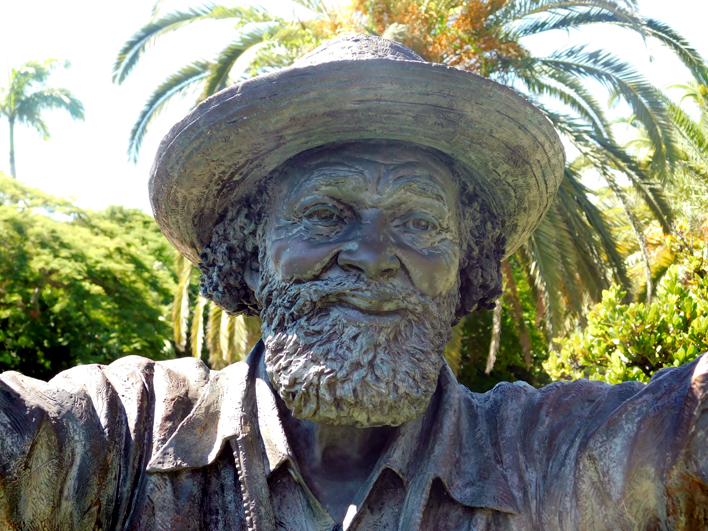
If my three Bermuda-based grandchildren know little of William Barnes, they will certainly have fond memories of the famous Bermudian character Johnny Barnes (Mr Happy), the retired bus-driver and goodwill ambassador who stood every morning at the entrance of Hamilton, greeting the driver and passengers of every car, and all the commuters, with a smile and love you! God bless you! God loves you!†He died, aged 93, on July 9th, 2016. (read his obituary in The Telegraph,11 July 2016)
Both William and Johnny Barnes were honoured with fine statues, in Dorchester and Hamilton respectively, and Dorset's Sir George Somers has a statue in St. George's Bermuda. The two bronze Bermudian statues were sculpted by Desmond Hale Fountain. The 'Spirit of Bermuda' statue of Johnny Barnes, at Crow Lane Roundabout, was created and installed while he was still alive.
My wife, Maria Strani-Potts, has published a short story set in Bermuda (another Dorset link): Swimming in Bermuda concerns an encounter between two women. A foreign visitor meets a local Bermudian woman. Tragic events from the past are gradually revealed. It's available in the paperback short story collection, 'When The Sun Goes Down: Island Stories'
Dorset to Bermuda
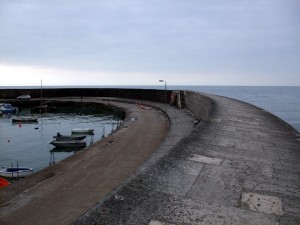
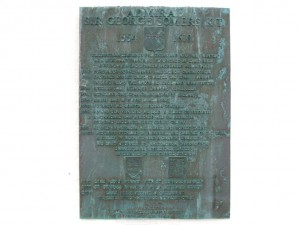
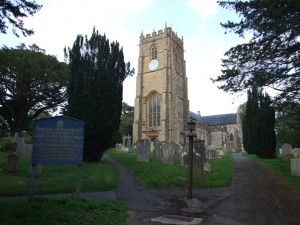
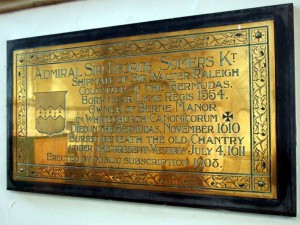
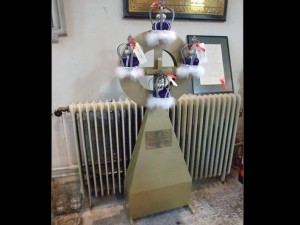
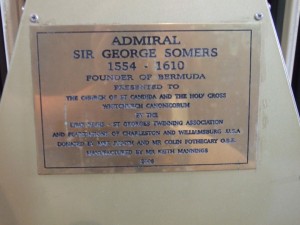
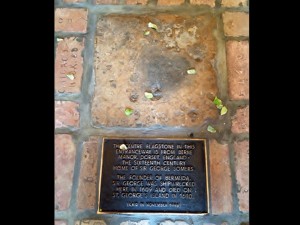
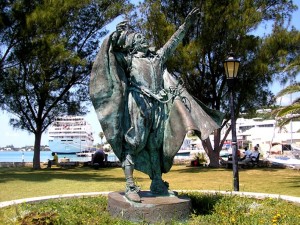
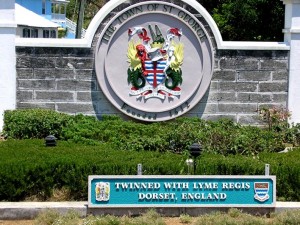
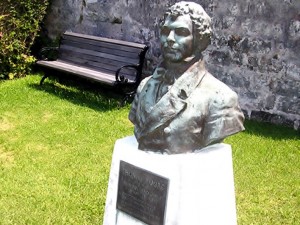
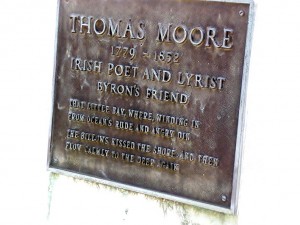
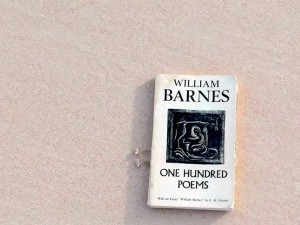
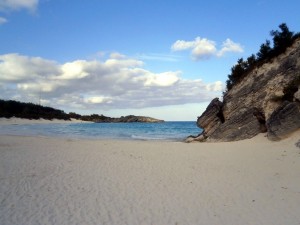
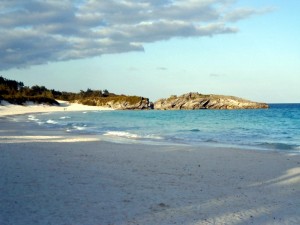
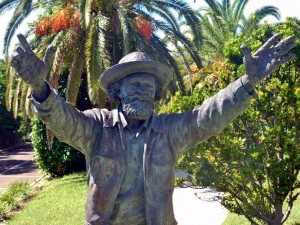

14:30 till 15:30
'My Hwomeward Road' The Family Life of the Dorset Poet | Rebecca Danicic

Starts 12:30
From the Stacks: Highlights from the William Barnes Archive

Starts 09:00
ONLINE | Barnes Night: A Celebration of the Life and Work of William Barnes

15:00 till 17:00
Tea with William Barnes

14:00 till 17:00
Hardy and Dorset Dialect

Starts 09:00
ONLINE | A Dorset Spring through the Poetry of William Barnes

